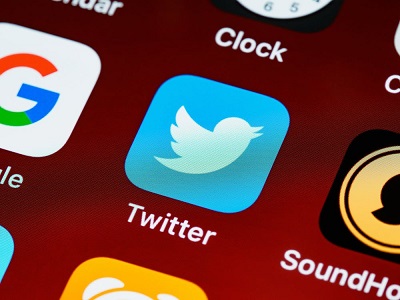Now that Elon Musk has begun the process of getting out of his bid to buy Twitter, analysts are looking at what this means for the social media giant, and it does not look pretty.
Twitter has already retained counsel, in the form of Watchell, Lipton to sue Musk and try to force him to abide by the acquisition agreement.
Wedbush analyst Dan Ives said in a note “This is a ‘code red’ situation for Twitter and its Board as now the company will battle Musk in an elongated court battle to recoup the deal and/or the breakup fee of $1 billion at a minimum. We see no other bidders emerging at this time while legal proceedings play out in the courts.”
However any court proceedings could involve Musk forcing Twitter to delve more deeply into the bot issue, since it is a central misrepresentation Musk alleges Twitter has made to the SEC, which would not only release him from the acquisition deal, it could also involve criminal charges for Twitter and anyone involved in making those assertions to the SEC in official filings.
Assuming Musk is able to walk away in some fashion, either through court ruling or settlement, the bot issue will haunt Twitter beyond any revelations in court (which themselves could prove quite haunting). First, investors now have at the least, a seed of doubt about Twitter’s operating metrics. If the bot data were faked, what other data might be fake?
Then one has to ask what effect the possibility of the bot data being fake will have on twitter’s advertising business. Will advertisers want to be charged for ad impressions which might be getting presented to bots? In a tight internet advertising market which is already in decline as we possibly head into recession, and which was wounded by Apple’s recent privacy upgrade to the iPhone to prevent user tracking (which also prevents ad targeting) this will not help Twitter’s bottom line.
Investors will now look at twitter’s subpar operating performance compared to other social media giants, like Facebook/Meta, Snap, and TikTok, and see it in a potentially new light, given the site may have far more bots than it has disclosed.
Twitter’s staff saw a talent exodus as Musk’s takeover seemed imminent, and that was exacerbated by further cutbacks initiated by management. So it is not even the same company it was when this debacle began.
Twitter CEO Parag Agrawal has been oddly silent throughout this process, giving his leadership an air of indecisiveness and impotence.
On top of that, Twitter now has an expensive legal battle, with a major celebrity, with a huge following online (and even on Twitter), who just happens to be the richest man in the world.
Musk will almost certainly unload his 10% take in the company at the end of this, possibly triggering selling by other stock holders looking to get out ahead of him and the dip in the stock his selling will produce. The question may rapidly become how low the stock can go.
And finally, Musk has more or less destroyed the ability of Twitter to lure in another buyer. Twitter investors have always held the hope the company would be acquired. That will not happen now, as the company will emerge from this with all sorts of questions about what Musk saw which convinced him to reverse course, as well as a litigious reputation for trying to force sales of a company which may not be what it seems.
It is hard to imagine Musk having been able to do more damage to the company if he had purposely set out to do so.
In the mean time, Musk comes out of all of this pretty well. He has managed to liquidate about $8.5 billion in Tesla stock options which were about to expire. Tesla, which had lost nearly 30% since this drama began may now rise again, with relief that the uncertainty of this deal is being removed from their equation. And Musk himself has acquired a legion of fans who felt Twitter was opposed to their ideology and trying to censor them, and Musk was taking their side. Many of them now follow him on Twitter.
But for Twitter, all that is left now is rearranging the wreckage, and deciding on what terms it will be abandoned.

